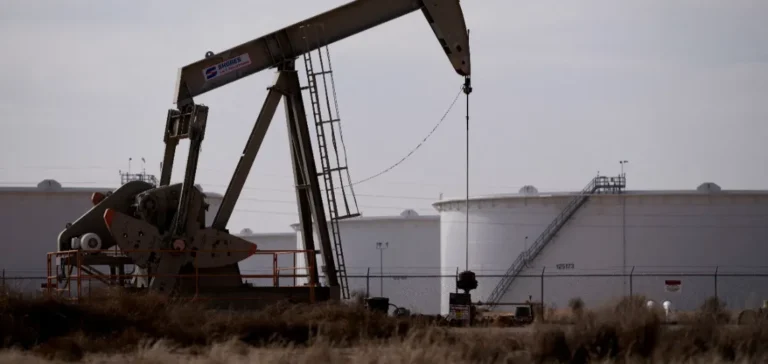Brazilian authorities conducted a nationwide operation targeting a vast money laundering network embedded in the fuel industry, mobilising 1,400 agents and targeting 350 individuals and companies. The São Paulo Public Prosecutor’s Office revealed that the operation focused on a system linked to the Primeiro Comando da Capital (PCC), a criminal organisation born in the prisons of the country’s economic capital.
The investigation, led by the Brazilian tax authority and federal prosecutors, traced a complex chain of illicit financial operations from 2020 to 2024, amounting to BRL52bn ($9.4bn). Part of the funds stemmed from the sale of adulterated fuel, produced using methanol, a flammable and toxic substance. The network directly controlled over 1,000 service stations across ten states and had infiltrated all stages of the market, from importation to retail sales.
Illegal funds and alternative financial structures
Investigators reported that at least 40 investment funds were used to recycle illicit capital, totalling BRL30bn ($5.43bn). These funds were reinvested into fuel infrastructure, including the acquisition of ethanol plants and a fleet of 1,600 tanker trucks. This strategy allowed the network to expand its logistical and commercial reach while concealing its sources of income.
The operation also revealed the central role of several fintechs in concealing financial flows. One such company was identified as operating a “parallel bank,” having received nearly 11,000 suspicious cash deposits between 2022 and 2023. These platforms were chosen over traditional banking institutions to bypass regulatory checks and delay anti-money laundering alerts.
Pressure on economic actors and large-scale seizures
Authorities seized 1,500 vehicles, 192 real estate properties, two boats, and BRL300,000 in cash ($54,000). Five individuals were arrested. The public prosecutor reported that some service station owners, after being forced to sell their businesses to PCC members, never received payment and were threatened with death if they tried to recover the funds.
Searches were carried out in São Paulo, notably on Faria Lima Avenue, the country’s main financial district, home to numerous financial institutions suspected of involvement. Finance Minister Fernando Haddad stated that “the sophistication of organised crime is such that we must decipher the money’s path.”
Brazil, the world’s second-largest biofuel producer, now sees part of its energy policy weakened by criminal infiltration, which exploits supply chains and the sector’s financial architecture to generate illegal profits.






















